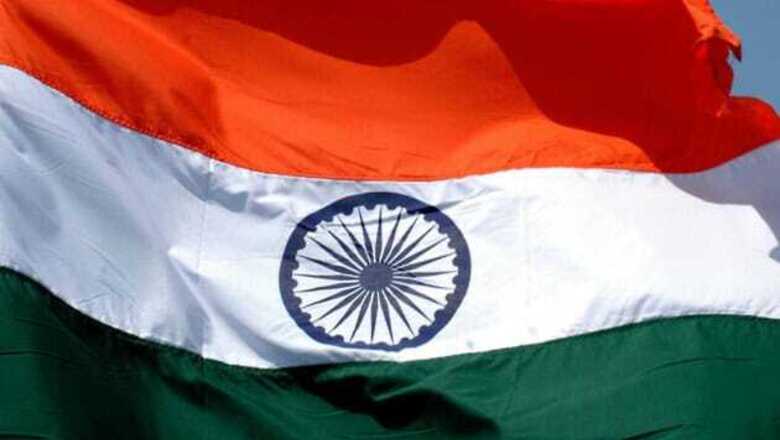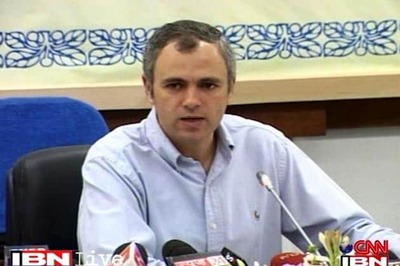
views
New Delhi: Ahead of the BRICS summit in New Delhi, India on Monday said the grouping of five major emerging economies was not ranged against anyone but is "a responsible transnational grouping" that can play a critical role in reforming global governance.
"We are not a bloc, not an ideological group ranged against anyone," Sudhir Vyas, secretary (economic affairs) in the external affairs ministry, said at the launch of the two-day conference by academics and experts from BRICS countries comprising Brazil, Russia, India, China and South Africa.
It's in the area of global governance that BRICS can make its presence felt, he said.
Vyas's comments came amid the oft-voiced worries in some influential sections in the West that the BRICS could turn into an adversarial grouping that could challenge the hegemony of the West in leading multilateral institutions.
Underlining the unique nature of BRICS, Vyas stressed that it was not a geographical grouping like the ASEAN, or commodity-based like the Organization of Petroleum Exporting Countries (OPEC) or security-based like the North Atlantic Treaty Organization (NATO), but "a new growth pole in a multi-polar world".
"It's a trans-continental grouping with increasing geo-political significance," he said. BRICS can engage with the international community in a serious manner as a responsible partner in the resolution of international crises, he stressed.
More than 50 scholars from the five BRICS countries are taking part in the 4th BRICS Academic Forum meeting being hosted by Observer Research Foundation, a New Delhi-based public policy think tank.
The forum is expected to generate ideas and proposals that will be considered by the leaders of the five countries at the fourth BRICS summit March 29.
India will host the BRICS summit for the first time since the leaders' meeting was first held in the Russian city of Yekaterinburg in 2009 at the height of the global financial recession. The theme for the New Delhi summit is "BRICS Partnership for Stability, Security and Growth".
The fourth BRICS summit will focus on ways to deal with the festering global economic downturn and make a renewed pitch for reforming the global governance architecture which has been dominated by Western countries since the end of the World War II.
BRICS has evolved into a powerful grouping of the world's leading emerging economies that, according to an estimate, accounts for nearly half the world's population, 30 percent of global landmass, 18 percent of global GDP and 35 percent of global foreign exchange reserves.
The forum is also expected to focus on ways to ramp up greater intra-regional trade and look at ways to improve coordination on international issues in multilateral fora and developmental issues that include food security, energy security, public health, science and technology and urbanisation.
The summit of the leaders of BRICS countries will be preceded by the Business Forum comprising trade ministers of the rapidly growing economies of the five countries.
Goldman Sachs economist Jim O'Neill coined the term BRIC in 2001 to denote the four fastest-growing emerging economies of the world. Since then, BRIC evolved into a multilateral grouping with the first summit in 2009 held at the peak of the global financial recession. Pretoria joined the BRIC, changing the nomenclature of the grouping to BRICS, in April 2011 at the Sanya summit in China.




















Comments
0 comment